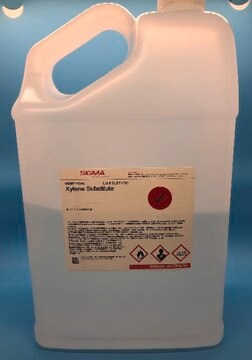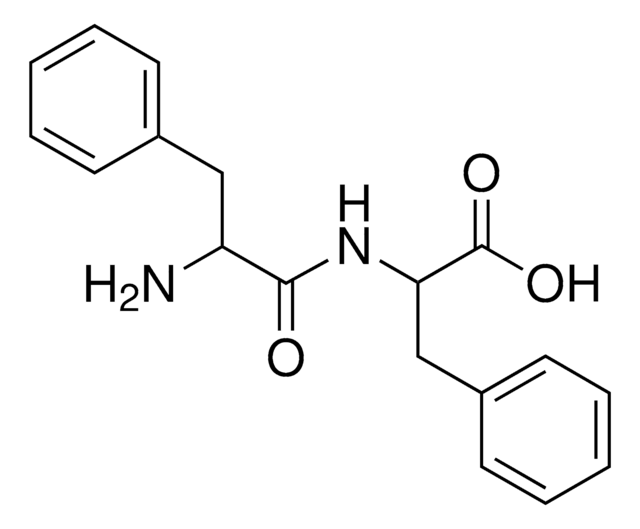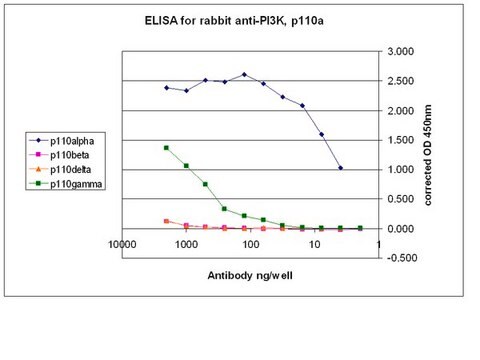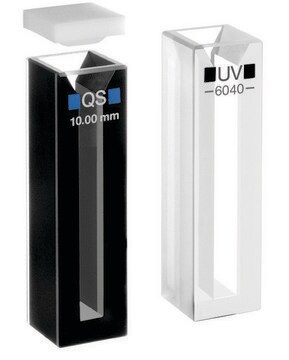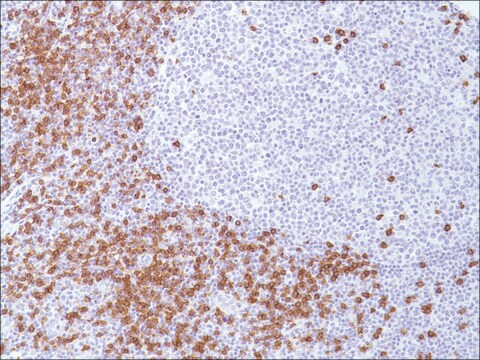MABN42
Anti-Neuregulin-1 Antibody, clone D11
clone D11, from mouse
Synonym(s):
neuregulin 1, sensory and motor neuron derived factor, neu differentiation factor, pro-neuregulin-1, membrane-bound isoform, heregulin, alpha (45kD, ERBB2 p185-activator), heregulin, alpha (45kD, ERBB2 p185-activator), glial growth factor
About This Item
Recommended Products
biological source
mouse
Quality Level
antibody form
purified immunoglobulin
antibody product type
primary antibodies
clone
D11, monoclonal
species reactivity
mouse
technique(s)
immunocytochemistry: suitable
western blot: suitable
isotype
IgG1κ
NCBI accession no.
UniProt accession no.
shipped in
wet ice
target post-translational modification
unmodified
Gene Information
mouse ... Nrg1(211323)
General description
Specificity
Immunogen
Application
Neuroscience
Developmental Neuroscience
Quality
Western Blot Analysis: 0.25 µg/mL of this antibody detected Neuregulin-1 on 10 µg of mouse brain microsomal tissue lysate.
Target description
Physical form
Storage and Stability
Analysis Note
Mouse brain microsomal tissue lysate
Other Notes
Disclaimer
Not finding the right product?
Try our Product Selector Tool.
Storage Class Code
12 - Non Combustible Liquids
WGK
WGK 1
Flash Point(F)
Not applicable
Flash Point(C)
Not applicable
Certificates of Analysis (COA)
Search for Certificates of Analysis (COA) by entering the products Lot/Batch Number. Lot and Batch Numbers can be found on a product’s label following the words ‘Lot’ or ‘Batch’.
Already Own This Product?
Find documentation for the products that you have recently purchased in the Document Library.
Our team of scientists has experience in all areas of research including Life Science, Material Science, Chemical Synthesis, Chromatography, Analytical and many others.
Contact Technical Service
